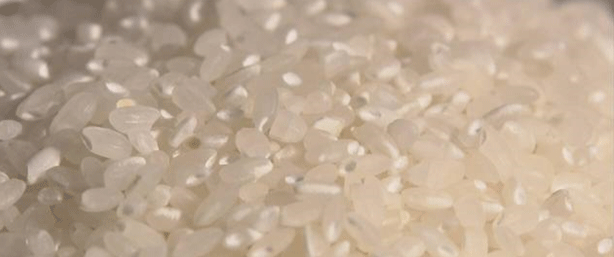Government Sets Ambitious Targets for Rice Export Growth
South Korea is setting a bold target to increase rice exports to 350,000 tons by 2030, a nearly sevenfold increase from last year’s 46,000 tons. The strategy focuses on expanding processed rice products, such as instant rice, and improving cost-effective production techniques. With a parallel goal of raising export revenue to 92.2 billion yen, the government plans to enhance farmland efficiency, promote high-yield rice varieties, and expand organic rice production to meet rising international demand.
Key Strategies to Achieve the 2030 Rice Export Target
Current and Targeted Export Figures:
- 2024 rice exports: 46,000 tons
- 2030 rice export target: 350,000 tons (7x increase)
- 2024 export value: 13.2 billion yen
- 2030 export target: 92.2 billion yen (7x increase)
Production and Policy Adjustments:
- Farmland Consolidation: Increasing efficiency by merging smaller rice farms.
- Low-Cost Production Methods: Adoption of advanced technology to cut costs.
- Expansion of High-Yield Varieties: Ensuring greater output per hectare.
- Growth of Organic Rice Farming: Catering to global demand, especially in premium markets.
Flexibility in Domestic and Export Markets:
- Rice production will be adjusted based on domestic needs, ensuring food security.
- If domestic shortages occur, export rice can be reallocated to local markets.
Why This Matters for Farmers and the Agricultural Industry
The South Korean government’s plan offers significant opportunities for farmers and agribusinesses. By boosting rice exports, the country aims to strengthen its global market presence, while innovative farming techniques will enhance productivity and profitability. The shift toward organic and value-added rice products aligns with changing consumer preferences worldwide, making South Korean rice more competitive internationally.
With strategic policies and investments, South Korea’s rice industry is poised for unprecedented growth. By 2030, the country aims to transform itself into a major rice-exporting nation, balancing domestic food security with a thriving international trade sector. This initiative not only benefits farmers and agribusinesses but also strengthens South Korea’s position in the global agricultural market.
Error




